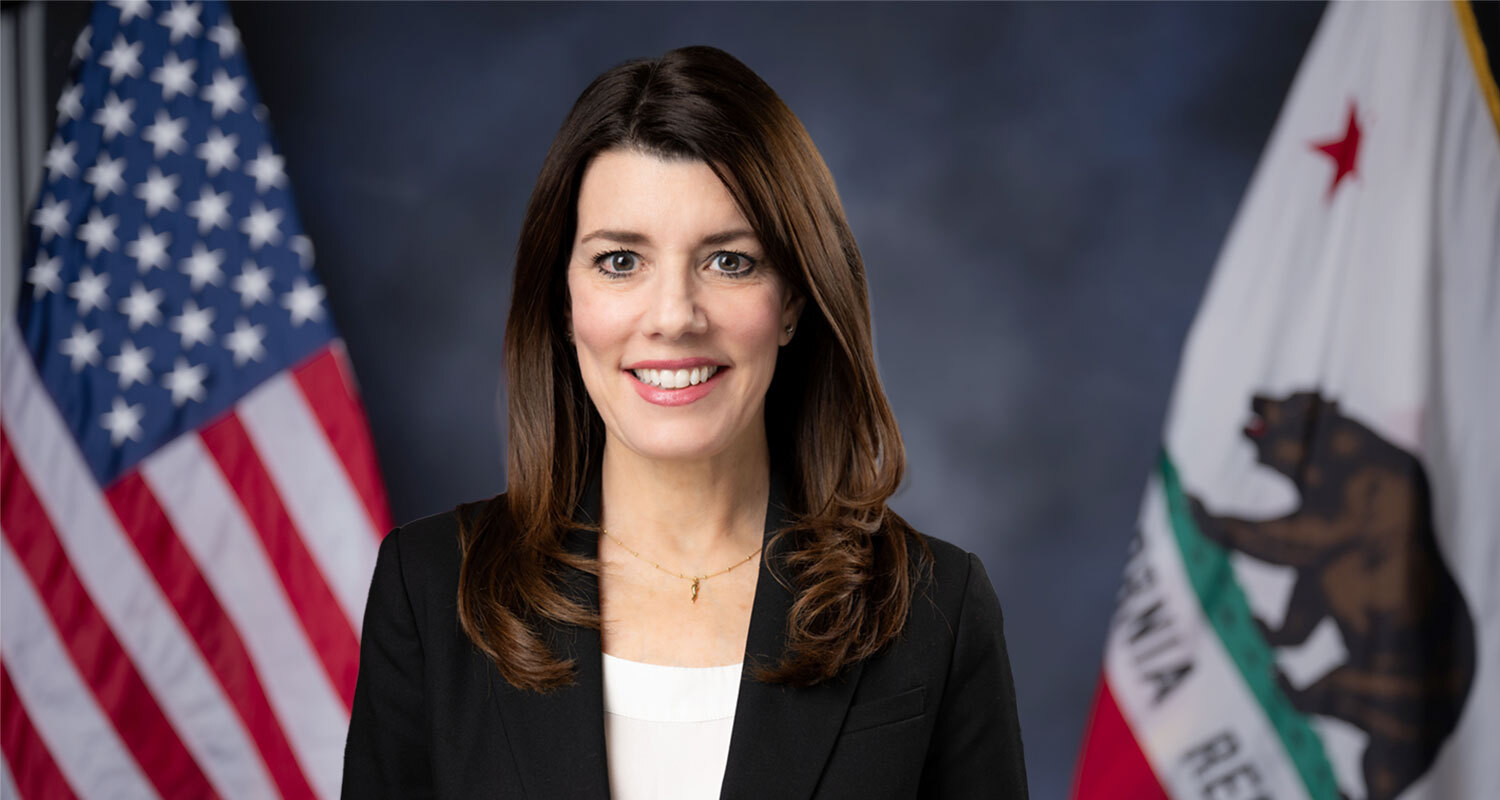
Welcome to the website of
Assemblymember Catherine Stefani
Welcome!
No front page content has been created yet.
Follow the User Guide to start building your site.
Follow the User Guide to start building your site.

